Opting for ‘Real Food’, real and natural in its literal sense as it is directly obtained from nature, seems much healthier than genetically engineered food. However,Genetically Modified Organisms (GMOs) comes with its own set of benefits including resisting pesticides and high-yielding crops. Let’s delve more into understanding these food lingo and comparing their pros and cons.
What is ‘Real’ Food?
Real foods, also known as Whole foods, originate from nature. It includes items derived from plants or animals and tend to be more filling when consumed together due to their protein, fibre, and water content. This combination sustains energy levels and helps in making healthier choices for subsequent meals or snacks. Eating Real foods is generally considered clean and healthier because they are naturally occurring and easier for our bodies to digest and extract nutrients.
Examples of Real Foods
- Animal based : beef, poultry, seafood, eggs and dairy
- Plant-based: whole grains, fruits, legumes, nuts, vegetables and seeds
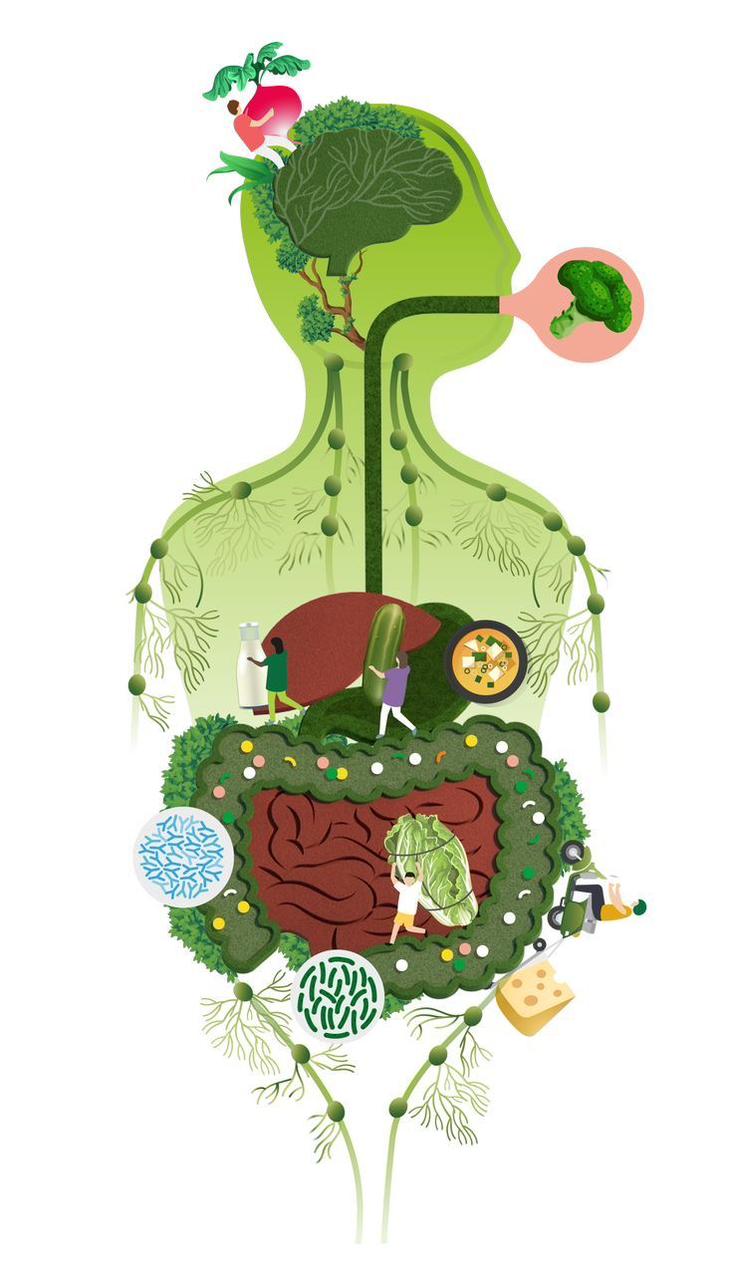
Pros
- Real foods derived from plants and animals are abundant in vital vitamins and minerals that are needed to sustain good health. Real foods make up the whole balanced diet, enhancing overall health.
- Clean eating along with skincare makes your skin glow For example, dark chocolate and avocados have protective effects against sun damage and acne.
- There is an abundance of Antioxidants in Real foods, particularly in plant-based sources such as vegetables, fruits, nuts, whole grains, and legumes. While fresh, unprocessed animal foods also contain antioxidants, their levels are typically lower. Antioxidants are essential compounds that combat free radicals, unstable molecules capable of harming the body's cells.
- By consuming real foods, your body can efficiently convert nutrients into energy, avoiding excessive insulin production and promoting better sleep, increased energy levels, and overall well-being.
- Adopting a real food-based, sustainable agriculture model can help address environmental issues by reducing energy consumption and producing less non-biodegradable waste, which will improve the planet's general health.
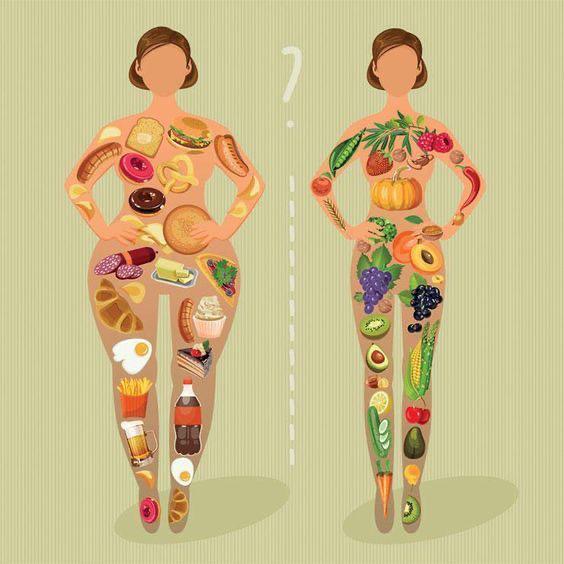
Cons
- Real food diets involve more planning and preparation than processed diets, particularly when travelling the fresh ingredients might not always be readily available. So the main concern is availability, but practices like urban farming and kitchen gardening are some solutions.
- Another is the cost, choosing locally grown and whole foods can be more costly because of things like production processes, shipping expenses, and seasonal variations.
What is GMO Food?
In contrast to‘Natural Extraction’, GMO techniques include modifying existing genes and inserting DNA from the same species (cisgenic) or other species (transgenic). Genetically Modified Organisms (GMOs) are organisms whose DNA is changed through genetic engineering techniques or gene technology. Genetic modification is a more precise process that involves transferring genes from different species, bacteria, plants, or animals, using genes from unrelated species. Scientists modify the genetic makeup of naturally occurring plants to introduce new DNA, resulting in genetically modified foods. It offers a faster and more precise means of introducing desired changes to the genetic material of organisms.
It was in 1994, when GMOs were introduced to the market when the first genetically modified tomato was commercialised. It was a significant milestone in agricultural biotechnology. Advancements in genetic engineering have revolutionised crop improvement by allowing scientists to make targeted modifications more efficiently.
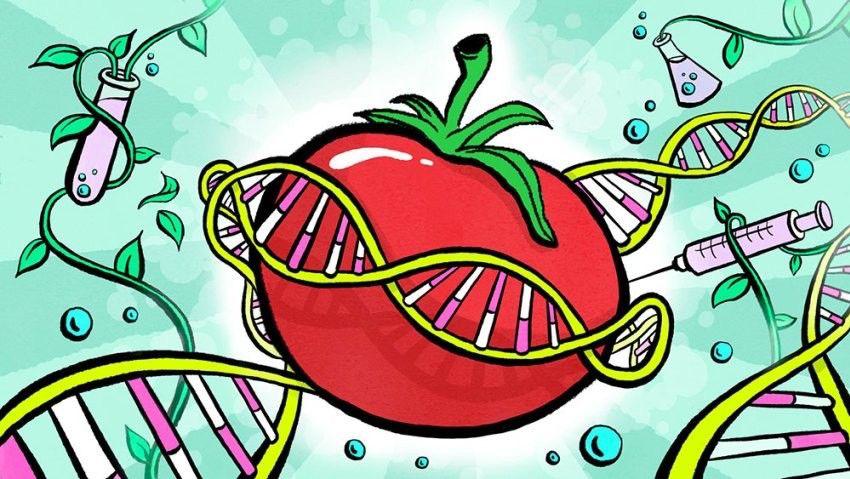
The Top 5 Genetically Modified Foods
- Soy: 90% of soybeans are genetically engineered.
- Corn: GMO corn has been connected to health problems like weight gain and organ disruption.
- Canola Oil: Made from rapeseed oil, canola oil undergoes extensive processing.
- Sugar: Genetically modified sugar beets and Aspartame, an artificial sweetener, derived from genetically modified bacteria are also GMOs, linked to certain cancers.
- Zucchini: Genetically modified zucchini contains insect-resistant proteins, raising concerns about their presence in human bodies.

Pros
- Genetically Modified food has improved transport and storage capacity, decreased ageing and disease-related spoilage, and a higher chance of growing in areas with poor soil.
- A few GMOs are created to enhance the flavour, texture, and appearance of food. One excellent example of how genetic modification can improve consumer preferences without sacrificing quality is non-browning apples.
- Genetically modified crops are inserted with a gene that provides protection against pests and insects. This gene, also referred to as the Bt gene, is commonly introduced into crops like soybeans, corn, and cotton. It is derived from the naturally occurring bacterium Bacillus thuringiensis, which generates a toxic protein that gives genetically modified plants inherent resistance to a variety of pests and insects. Thus, GMO crops are less exposed to dangerous pesticides
- Higher yields and higher crop survival rates are achieved by certain genetically modified crops (GMOs) that are engineered to withstand extreme environmental conditions like diseases and droughts. Food security may benefit from this enhanced resilience, particularly in areas where agricultural difficulties are common.
- Lastly, Genetic engineering makes it possible to improve food's nutritional value.
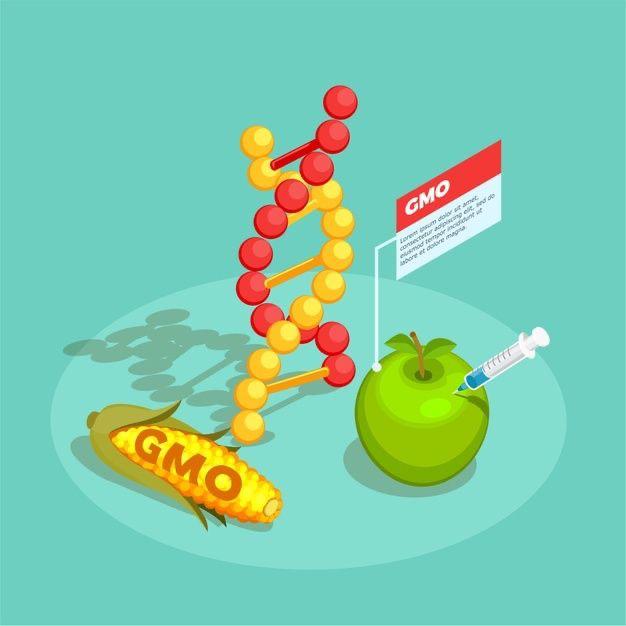
Cons
- Allergic reactions from consuming foods with genetic modifications are a matter of concern. However, as per Research, eating foods that are genetically modified does not automatically make you more allergic to other foods.
- Environmental concerns about genetically modified organisms (GMOs) include loss of biodiversity, potential harm to non-target organisms, and gene flow to wild plants.
- Concerns about fair resource distribution, corporate control over agriculture, and food sovereignty are ethical issues brought up by the growing use of genetically modified organisms. In the GMO debate, it is crucial to strike a balance between the interests of farmers, consumers, and environmental sustainability.
- Resistance to particular antibiotics is a result of modifications made to some genetically modified organisms (GMOs). The consumption of these plants has the potential to transfer genes to humans or animals, which could result in the development of antibiotic resistance in the individual. While there is little chance of this happening, the WHO and other health authorities have put policies in place to reduce the risks.
Does it change DNA?
Concerns have been raised about genetic changes in humans resulting from eating GMO food as certain food scientists noticed that food DNA can survive through the digestive system in earlier research from 2009. But most DNA in food, genetically engineered or not, either disintegrates during cooking or disappears before it reaches the large intestine. However, there has been no evidence that tiny DNA fragments from food can have an impact on a person's genetic makeup or general health, despite the fact that they can enter the bloodstream and different body organs.
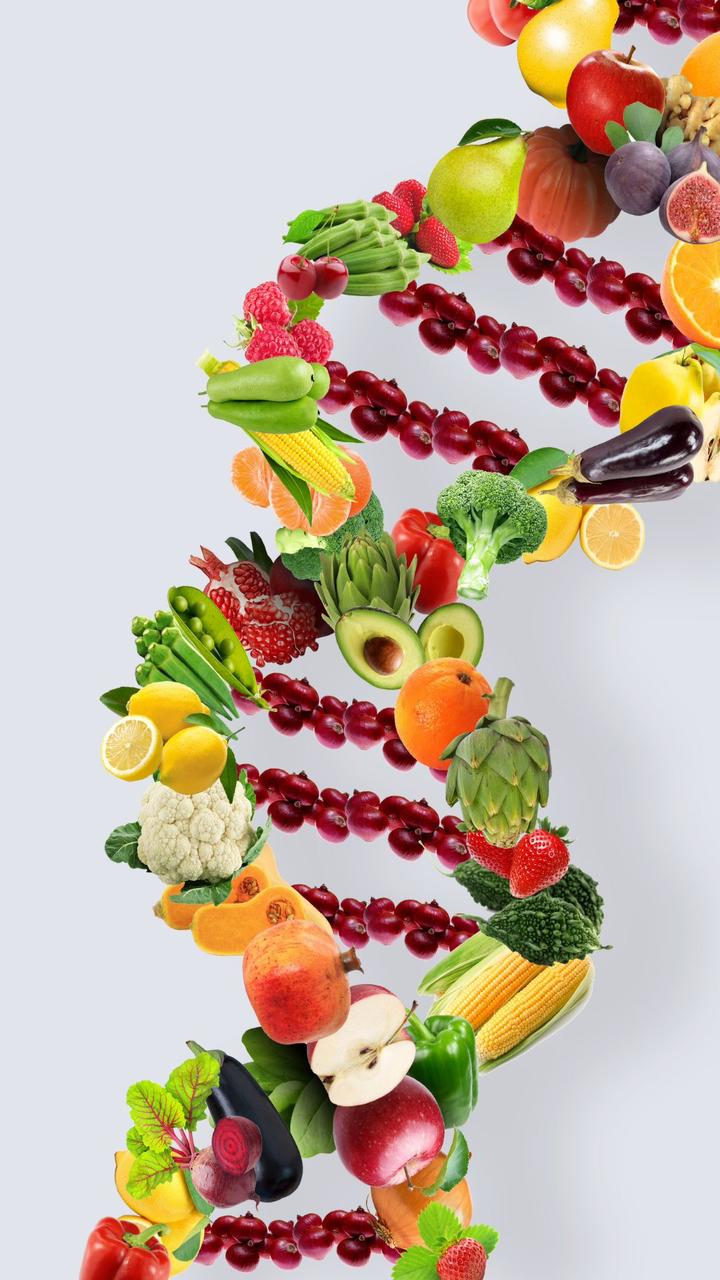
Causes Organ Toxicity?
Previous studies from 2009 indicated that GMO foods may have an adverse effect on the pancreas, liver, kidney, and reproductive system in terms of organ toxicity. However, this concern lacks evidence, requiring for additional research. Furthermore, since farmers may use fewer pesticides, the adoption of GMO crops may potentially lower the risk of toxicity from specific substances.
Causes cancer?
Concerns have been raised regarding the possibility that eating GMO food could increase the body's concentration of chemicals that may cause cancer. However, according to the American Cancer Society, there isn't any proof as of yet that genetically modified foods, in the form they're in now, increase or decrease the risk of cancer.
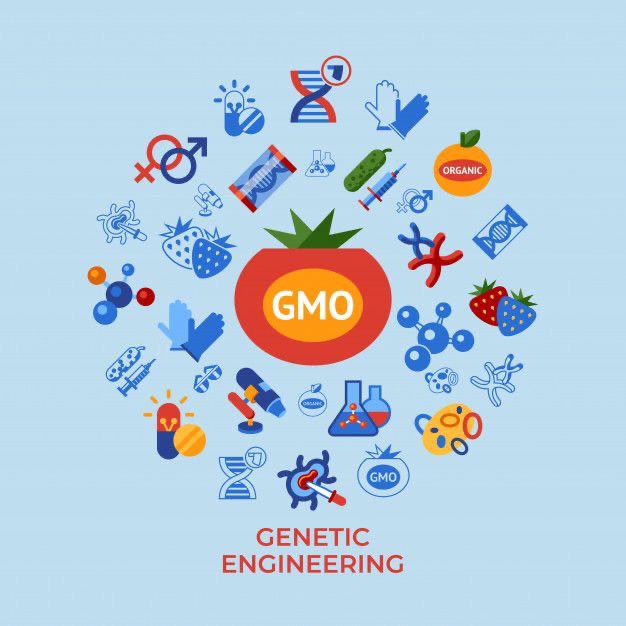
So, What’s better? Natural or Engineered?
Natural foods come from whole, unprocessed ingredients that are rich in vital nutrients and require little processing to maintain their natural state and nutritional worth. Real food consumption promotes overall health by supplying readily absorbed nutrients that are essential for physiological processes; however, it is advisable to consume some animal protein sources in moderation to reduce risks such as weight gain and heart disease.
In contrast, GMOs, genetically modified organisms, arise from genetic engineering, altering genes. The nutrient content is parallel to its non-GMO counterparts, however ongoing researchers are evaluating any long-term health effects, like cancer or DNA alterations. But these claims lack evidence.
Overall, The choice between real foods and GMOs is totally upon individual dietary needs, ethical considerations, and environmental awareness.
Photo Credit: Multiple Sources
(Inputs from Multiple Sources)
©️ Copyright 2024. All Rights Reserved Powered by Vygr Media.









